I have always suffered with such a heavy sense of guilt when, in my old words “admitting” to a degree in the arts. Seeing the amazing work of doctors, healthcare workers, scientists and volunteers during this time has put me in awe of the nobility and importance of these careers, and if you are someone working in the arts who feels inconsequential in comparison to these workers, I understand. But let me tell you something that everyone needs to hear. One time I had a doctor’s appointment. A wonderful lady, truly amazing at her job. She asked me what I studied. I sheepishly said, “music and drama – I always feel a little silly saying that to someone in the medical profession”. She said, “say that again”. I repeated, thinking she hadn’t heard me properly. The second time I said it, however, made me feel even sillier for putting myself down. She then replied “why on earth would you say that? I could never do what you do. I need music to keep me sane, to get some release. You should be so proud of yourself”. I was certainly silenced! She made her point perfectly.
In my third year, I took a module in European film that covered the gruelling topic of the Nazi's crimes, primarily against the Jewish community, in the Second World War. I have the once in a lifetime opportunity to meet a woman who was a child in the potentially fatal position of being a Jewish girl living in Berlin when Adolf Hitler was elected Chancellor of Germany in 1933. She was the most elegant 90-something year-old I had ever seen, with a charming smile, inquisitive face, knee boots under her long floral skirt, and a cosy green turtleneck jumper. I will refer to her as 'Mary' to protect her identity.
Mary's story of being under constant threat; going to an orphanage and meeting a special boy; the night the orphanage Synagog was torn apart by young Nazi's; working for an aryan housewife entering her teen years; losing her family; her friends; and finding refuge in England in 1939; is something I wish I could give justice to. While that is impossible, I will relay the parts which, in her words, are "worth knowing", and in her son's words, helped me realise that "for every tragedy, [one can] somehow find an equal positive".
Though her childhood memories of Berlin were faded, there were some memories which remained vivid, which mainly involved her education after being forced to leave her German school. When it was made law that Jewish children could no longer attend 'aryan' schools, Jewish teachers who had been forced to leave their job took matters into their own hands. Old, abandoned buildings, neglected schools, and other means of shelter turned into makeshift schools for the children who had been shut out. Mary spoke of these times fondly, leaning in and smiling. She would often learn of operas, orchestral works by respective composers like Beethoven, Wagner, Mozart, her favourite subjects to study. "I bet you never thought of young children learning and taking an interest in these things" she said. It was true - I have to say it put the English education system, with it's black-and-white learning and information-storing for a select few exams, to shame. It only proved Germany to be a true nation of culture, making more tragic the crimes against minorities when the Nazis came to power. Then she said this:
"Well, I mean the teachers knew that our days were numbered; they did not expect us to reach adulthood, and so they chose to teach us the things worth knowing - the things that really mattered."
For want of finding better words myself, I will instead quote Oscar Wilde: "I regard theatre as the greatest of all art forms, the most immediate way in which a human being can share with another the sense of what it is to be a human being."
Isn't it strange to think what is fed to us as 'truly important', what is taught, but most importantly, what is omitted? When was the last time we were encouraged to learn things for ourselves, just out of pure curiosity, the desire to know more for ourselves, for what we personally are fascinated by?
After she luckily found refuge at the beginning of the war, Mary found work as a domestic servant in the south-west of England for a young family. As the father was away working towards the war efforts, the mother was struggling with her young children, growing food, keeping on top of laundry and cleaning, so a helping hand was welcomed. In her new home, Mary's only form of contact with her father and brother was by writing on a small postcard, with just enough space for fifty words or so. Between the time of posting the message, the time it took for it to arrive in Germany, go through the Gestapo, get to her father for his reply, go back through the German authorities and make it's way back to England, it will have been a stretch of about two or three months. "Eventually," Mary said directly, "the replies stopped. And I knew."
One day, following her quiet grief, the mother of the family gave her a gift. It was a radio just for her. The radio had been rented as they could not afford to buy one. "She had given me music. She couldn't quite understand what my desire for music was," Mary said, referring to her education back in Germany, "but she had given me a companion. Solace. She had given me music."
Mary went on to marry the boy she had met in the orphanage after finding him in England years later, and had three children together. She had kept up every single lesson she learned since her childhood. Her gratitude; her love of music and culture; her memory of how much geography lessons changed when the Nazis had their influence over German schools; she even kept up her sewing skills that she learnt in the employe of a Nazi housewife, who would openly spew racial slurs in her presence. "I was grateful for what I learned", said Mary. Her skills allowed her to have a leading business making costumes for the theatres in London's West End.
If we all had the same skills and abilities, we would have nothing to offer each other as people. Music, and the arts in general, has the power to carry us through tragedy, to heal us, to comfort us. So what is this stigma around musical study as a less important subject? Why is there such a lack of funding for the arts in early education? The truth is, there is no better or worse career, skill or ability. There are only lessons that teach us what it means to be human.
When she finished her story, I approached her to thank her for taking the time and the journey to talk to us. "What is it you want to do, darling?" she asked me. I explained that I studied music and drama, that I sang, and that I was interested in opera and Shakespeare among other things. "That is so wonderful," she replied, "you must do what makes you happy." She gave me a cheeky, infectious smile, "you'll have to get yourself a job, then!"

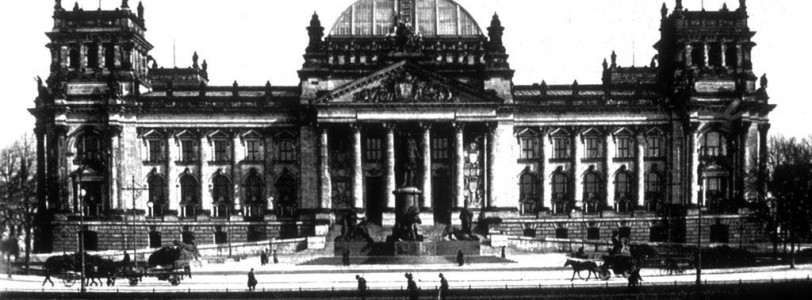
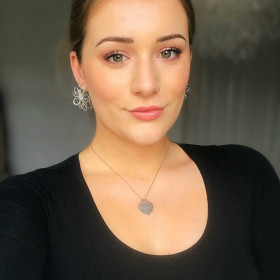
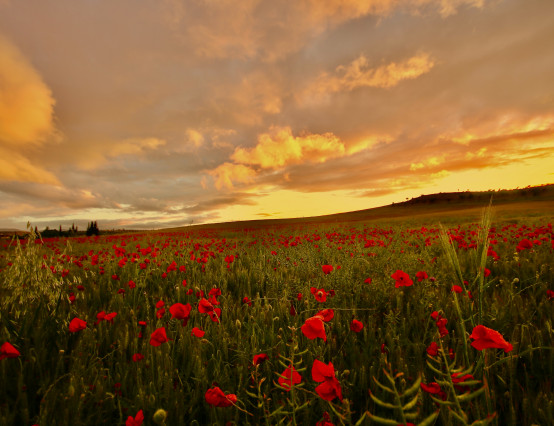
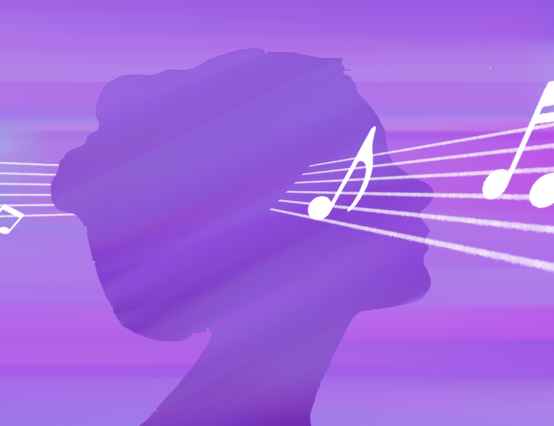
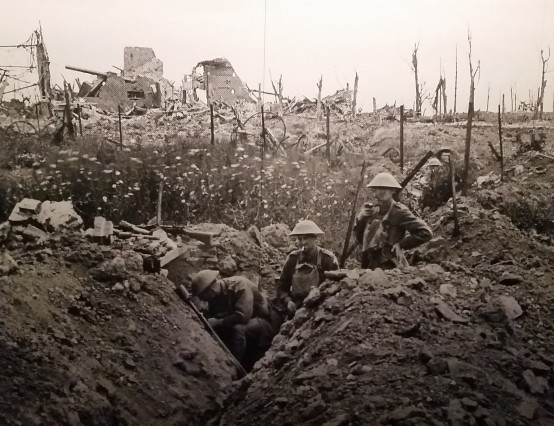



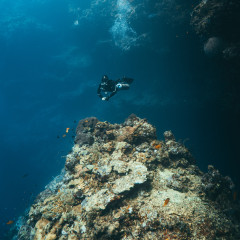
An exceptionally poignant, pertinent and hopeful blog. Thank-you so much for writing it and I hope others find inspiration from it too.
Welcome to Voice, and I look forward to hopefully seeing more of your content in the future!